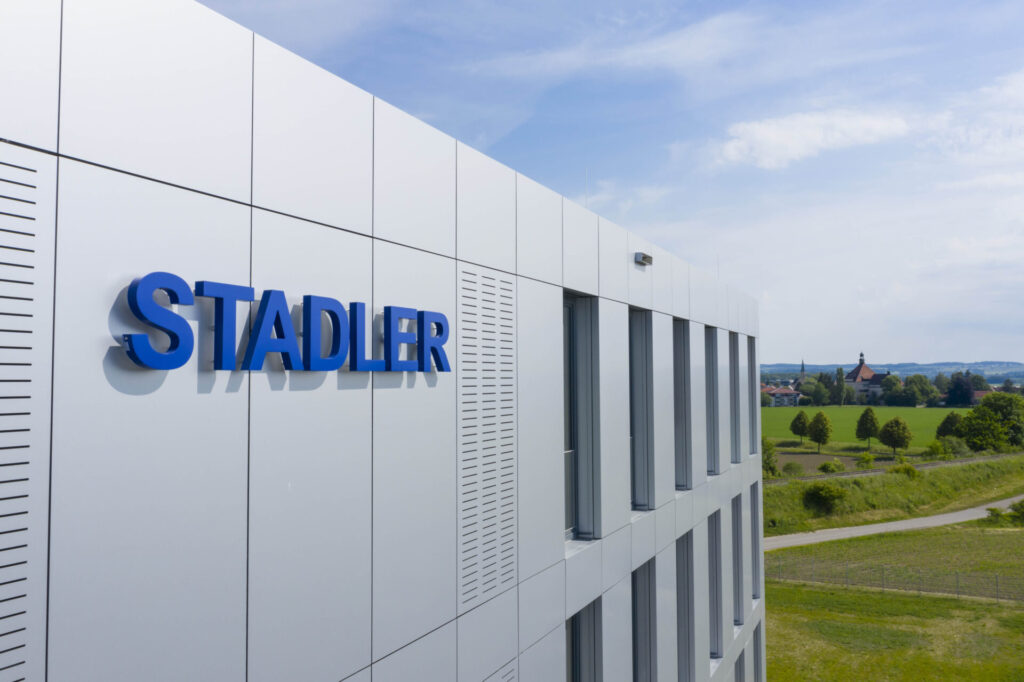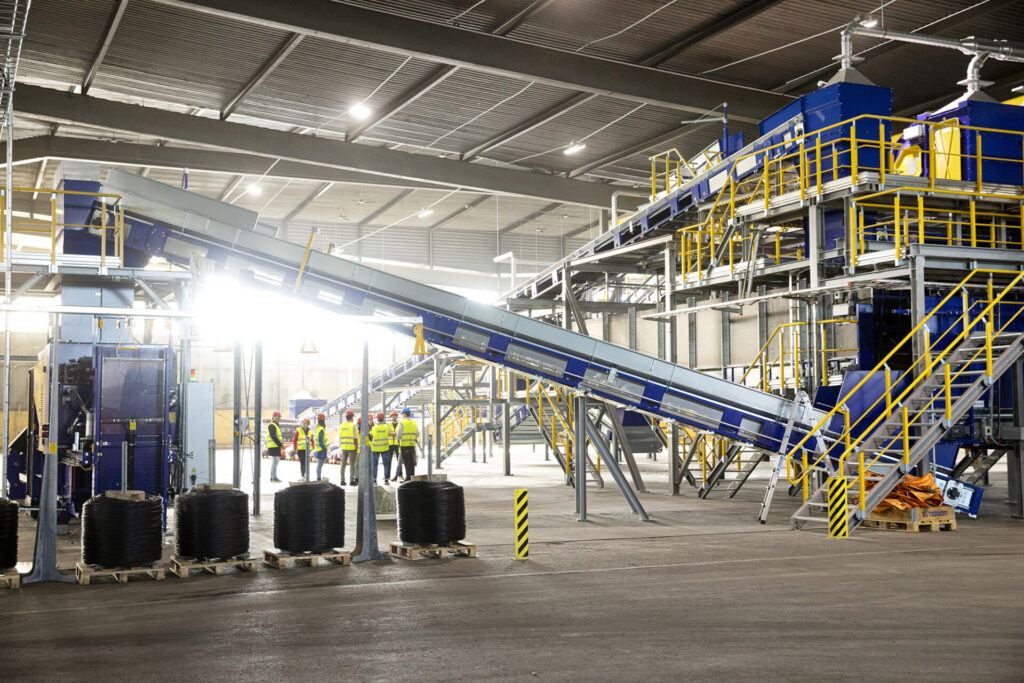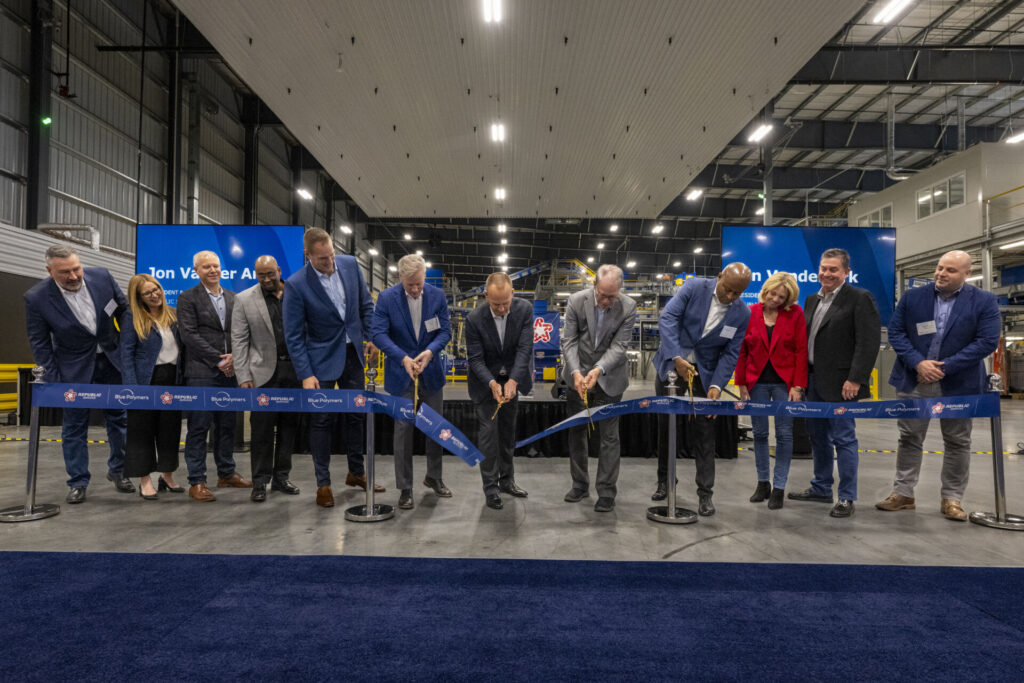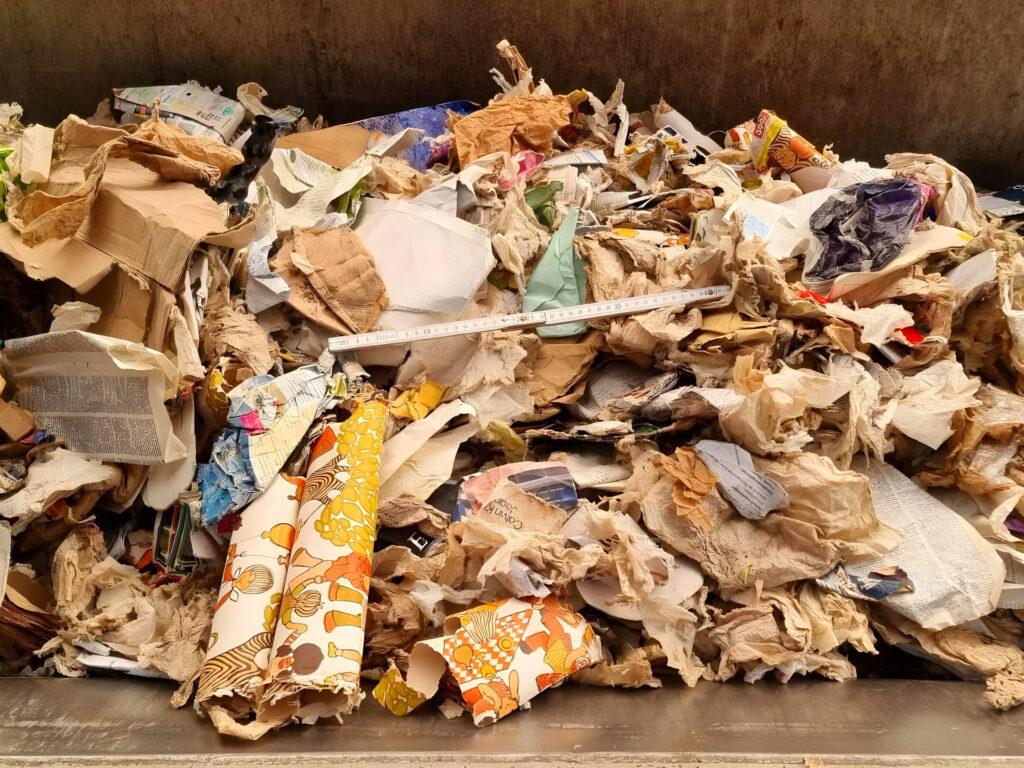STADLER® is dedicated to the planning, production and assembly of sorting systems and components for the waste disposal and recycling industry world-wide. Its team of around 600 qualified employees offers a tailor-made full service, from conceptual design to planning, production, modernisation, optimisation, assembly, start-up, conversions, disassembly, maintenance and servicing of components to complete recycling and sorting systems.
Its product range includes ballistic separators, transport conveyor belts, trommel screens, label removers and bale dewiring units. STADLER is also able to provide steel structures and electrical switch cabinets for the plants it installs. Founded in 1791, this family-run company’s operation and strategy is underpinned by its ethos of delivering quality, reliability and customer satisfaction, being a good employer and providing strong social support.






























